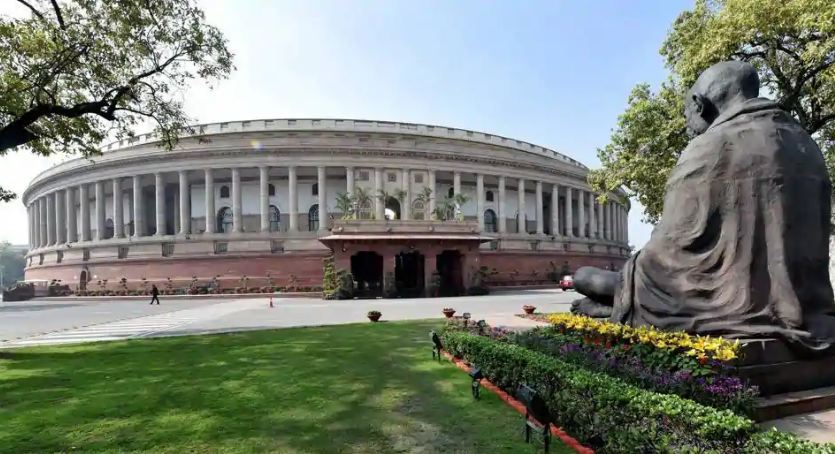
(TibetanReview.net, Dec19, 2018) – An Indian parliamentary panel has described as “overly cautious” India’s policy on China’s sensitivities on Taiwan and Tibet issues while Beijing does not show the same deference to New Delhi’s sovereignty concerns, reported India’s PTI news agency Dec 18. Calling for a more robust and equitable stand, the Committee on External Affairs, headed by former minister of state in External Affairs Ministry (EAM) Shashi Tharoor, has called on New Delhi to contemplate using all options in its China policy, including on ties with Taiwan.
The panel’s report, tabled in Parliament, was reported to note that India did not accord any diplomatic recognition to Taiwan despite the existence of flourishing exchanges between the two sides. The EAM was cited as arguing that it did not want to “upend” this policy of the Indian government in deference to China’s sensitivity on the matter.

“It comes as a matter of concern to the committee that even when India is overly cautious about China’s sensitivities while dealing with Taiwan and Tibet, China does not exhibit the same deference while dealing with India’s sovereignty concerns, be it in the case of Arunachal Pradesh or that of the China Pakistan Economic Corridor in Pakistan-occupied Kashmir,” the report was quoted as saying.
The committee has made it clear that given China’s muscular approach of late while dealing with some issues pertaining to India, it was difficult for it to be content with India continuing with its conventionally deferential foreign policy towards China.
“Dealing with a country like China essentially requires a flexible approach. The committee strongly feels that the government should contemplate using all options including its relations with Taiwan, as part of such an approach,” the report was further quoted as saying.
The committee has also referred to China’s hostile actions against New Delhi, noting that significant inroads had been made by it in India’s neighbourhood, pointing out their adverse impact on the country’s outreach activities in those countries.
The panel has said it was it was inclined to see it as nothing less than a “veiled containment policy” despite the government’s “ambivalence” on whether this reflected some sort of a deliberate encirclement policy of India by China.
The report was also stated to be critical of China’s One Belt One Road or BRI initiative, noting that as its details unraveled, it was becoming increasingly apparent as being rooted in opaqueness, appearing to be a vehicle for Chinese “hegemonic, geo-political, financial and commercial interests”.
The committee has appreciated the fact that India, as a responsible member of the comity of nations, had earnestly pointed out the fundamental flaws in BRI related to lack of universally recognised international norms, good governance, rule of law, openness, transparency and equality.
The panel is perturbed by the fact that despite India’s strong sovereignty objections to the China-Pakistan Economic corridor (CPEC), a BRI project, it was being openly “trumpeted as a gift to Pakistan by China”.
The panel wanted India to take up the matter of CPEC at various international fora so as to make its opposition clear and to simultaneously put pressure on China for making it realise its double standards.





